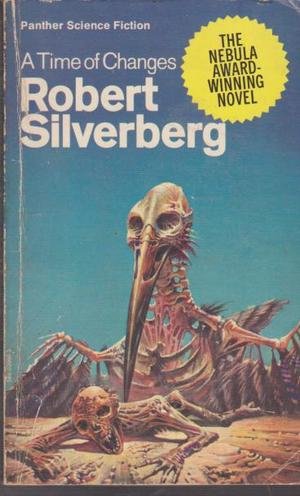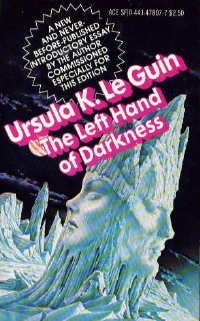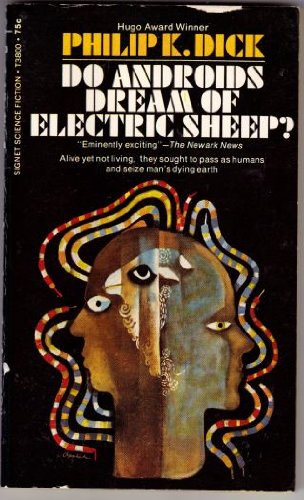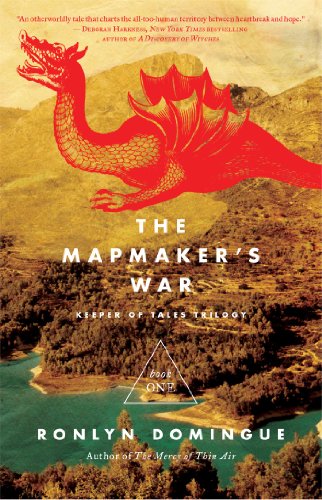2010: Odyssey Two by Arthur C. Clarke
Please note that this review will include spoilers of 2001: A Space Odyssey.
In 2001: A Space Odyssey, we learn that mysterious forces have guided humanity’s evolution. We don’t meet these forces, but we do see their monoliths. The first monolith appears before a group of struggling chimpanzees. When they touch the monolith, they are inspired to use tools. The novel shifts to the twenty-first century, when another monolith is found on the moon.
Read More



















Do it! One of the best things I've read in recent years.
This reminds me. I want to read Addie LaRue.
We’re in total agreement David!
I felt just the same. The prose and character work was excellent. The larger story was unsatisfying, especially compared to…
Hmmm. I think I'll pass.